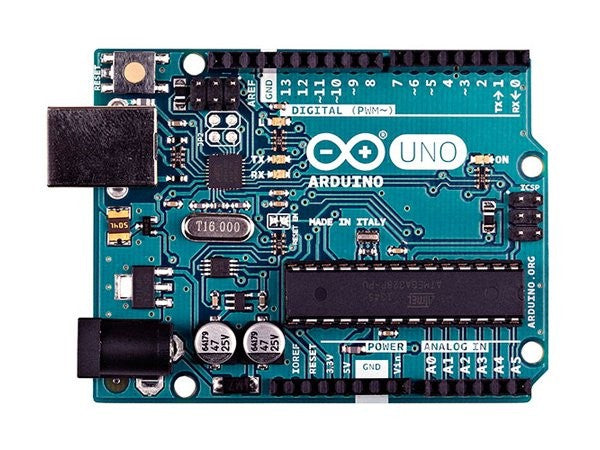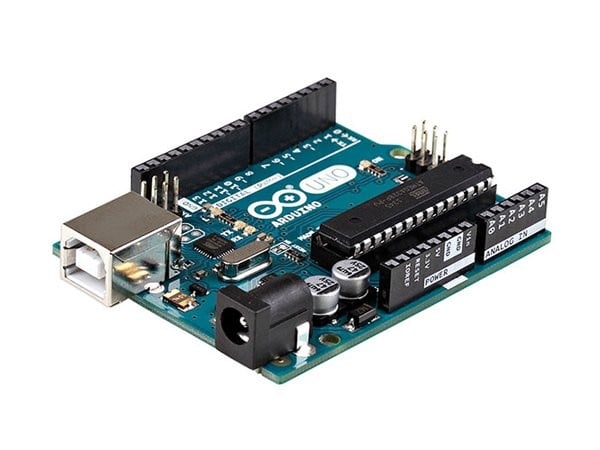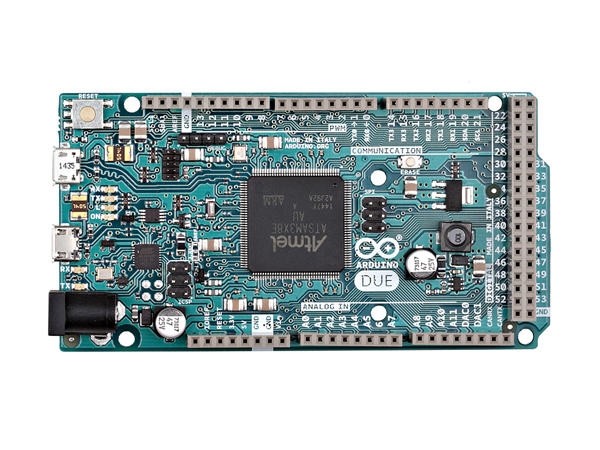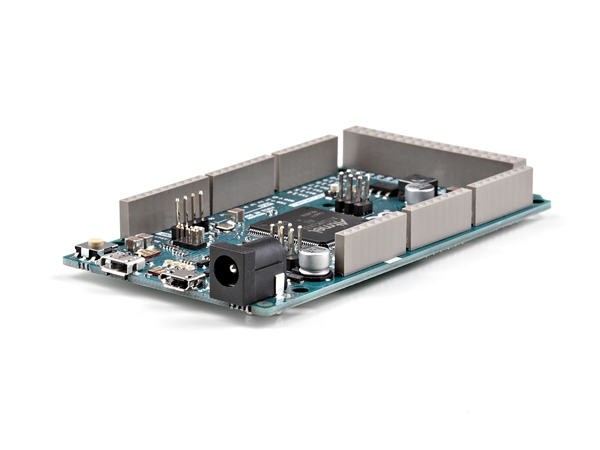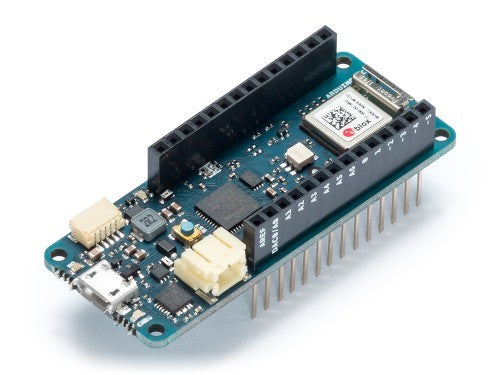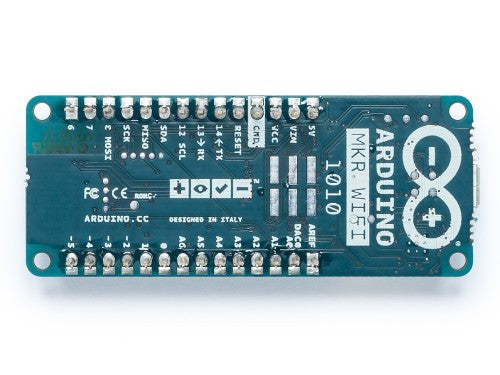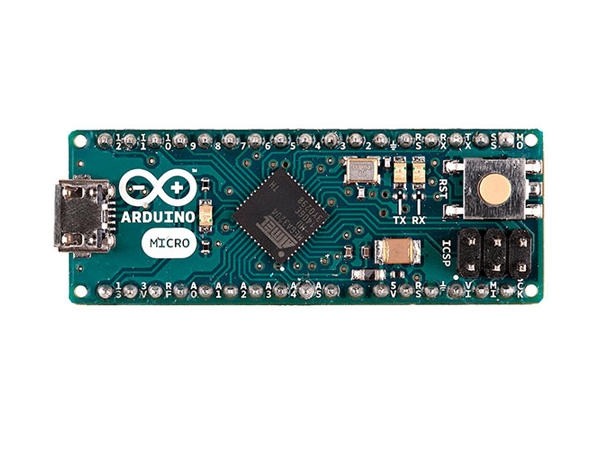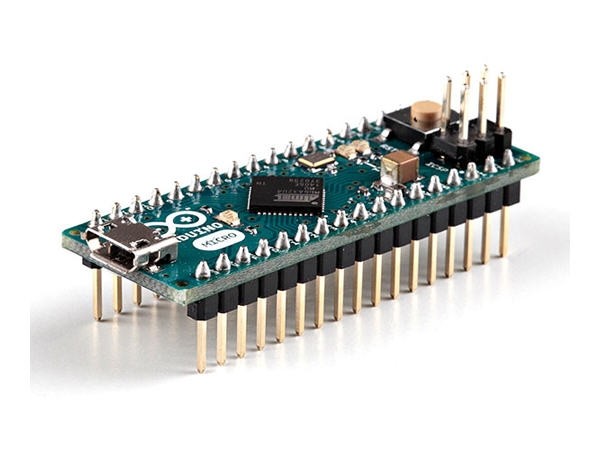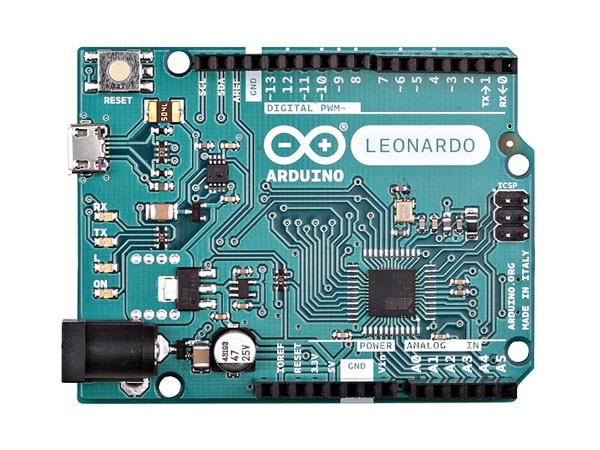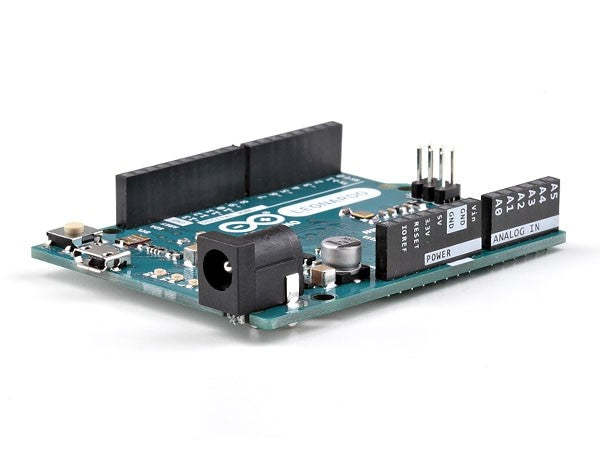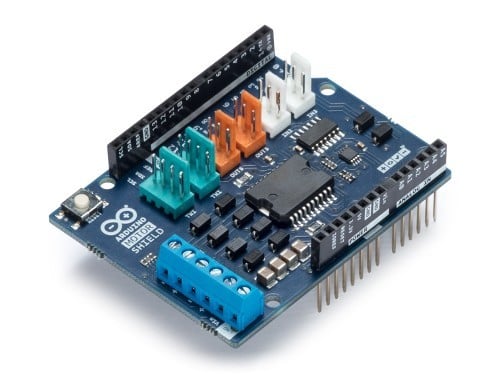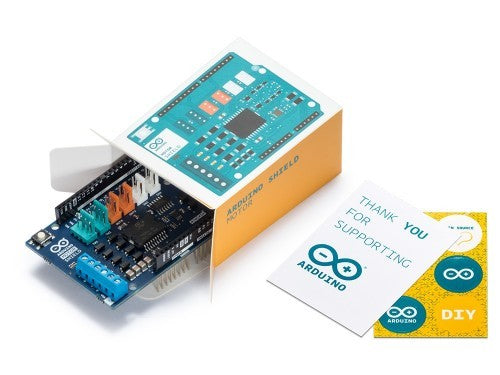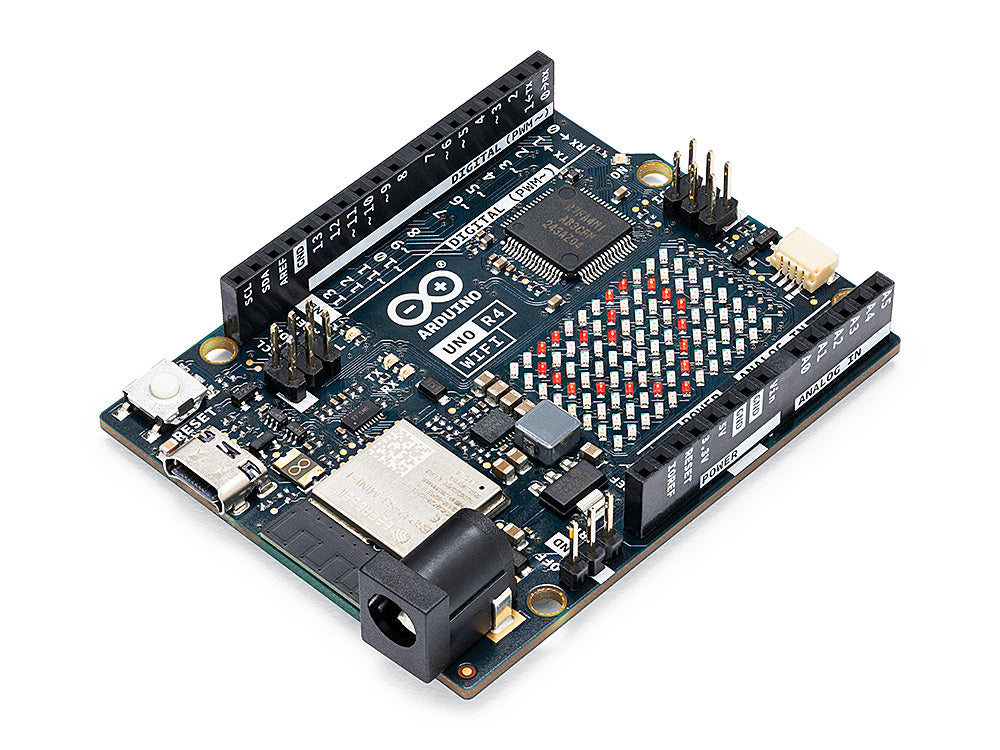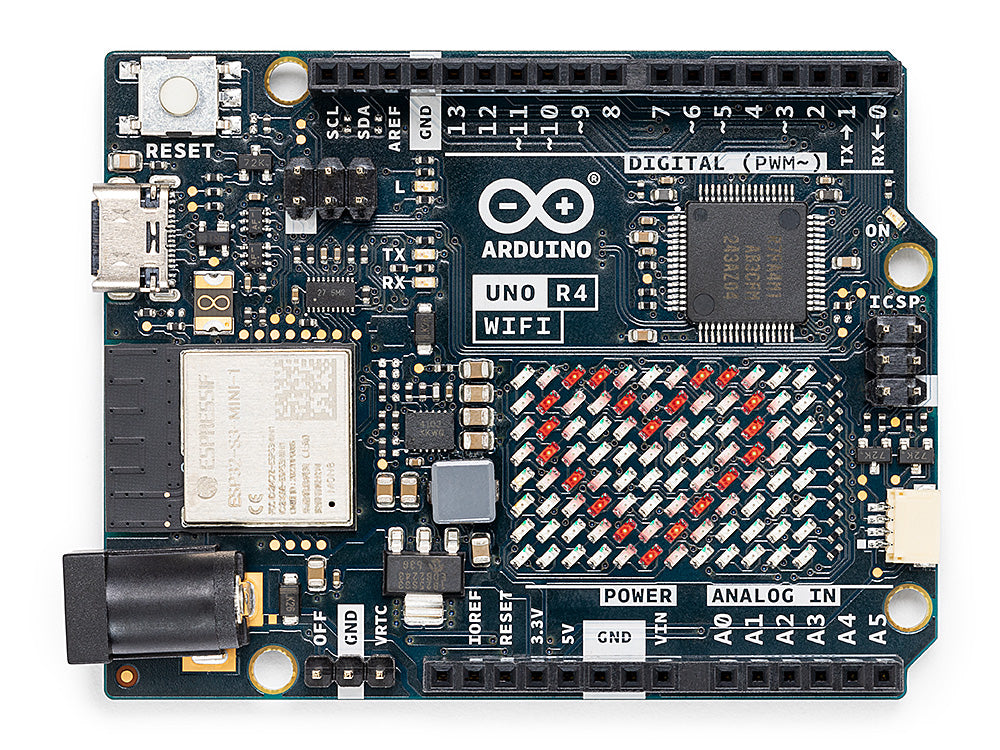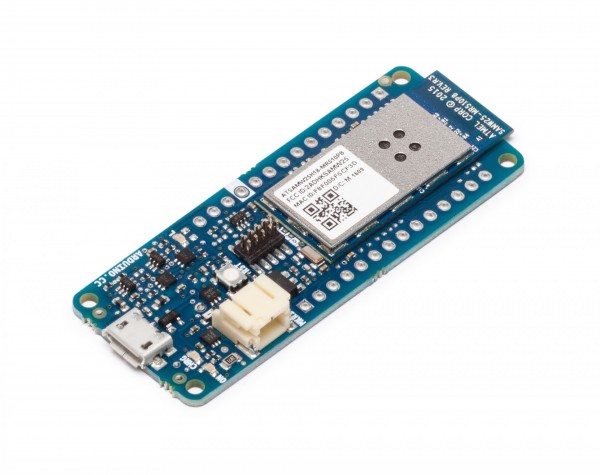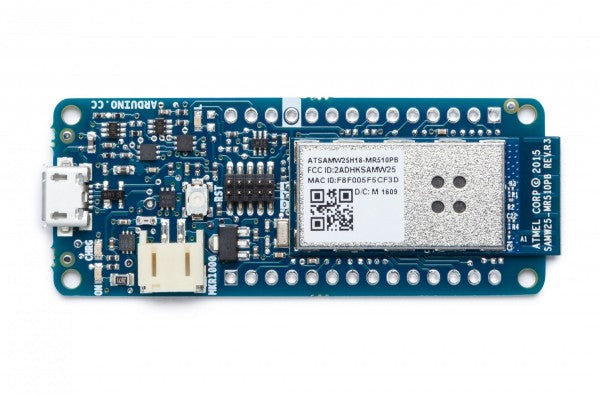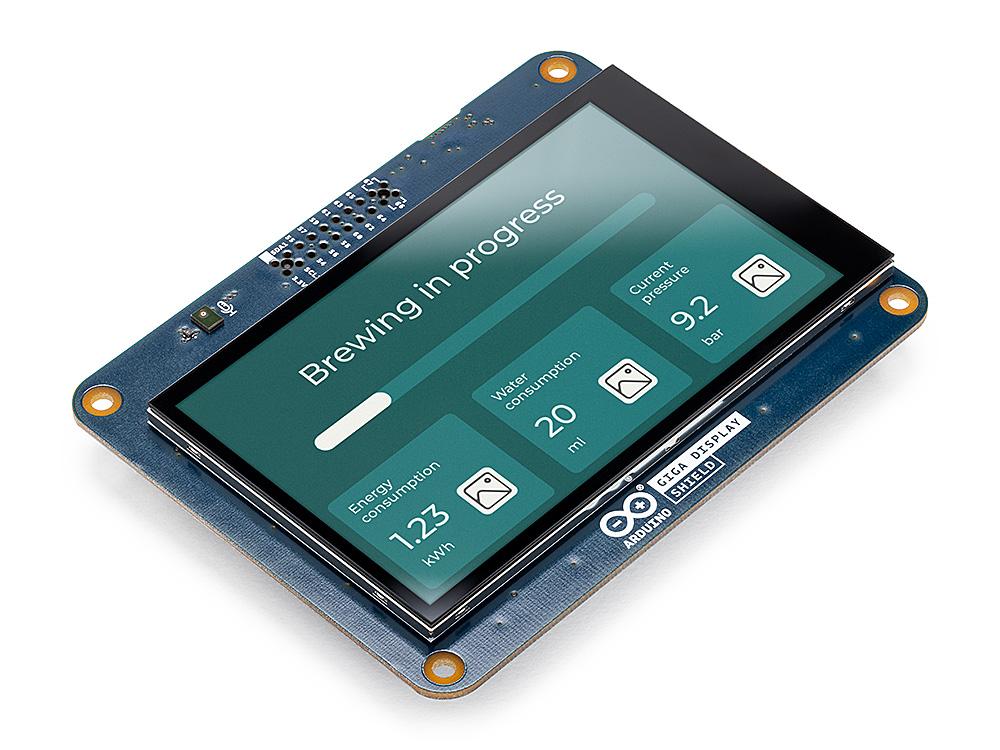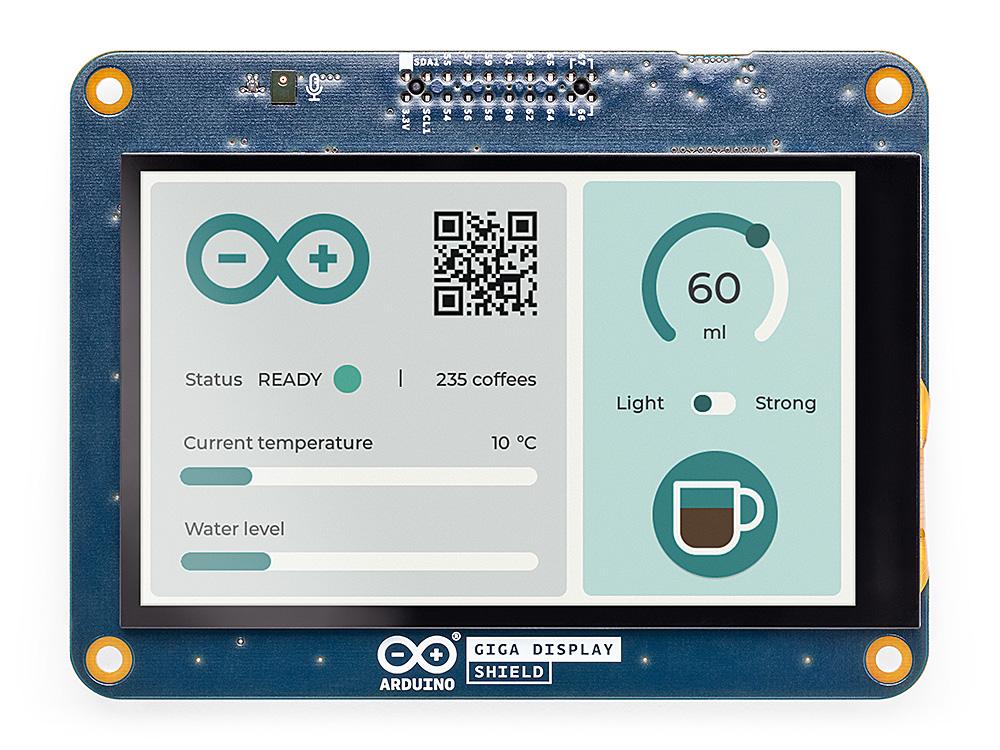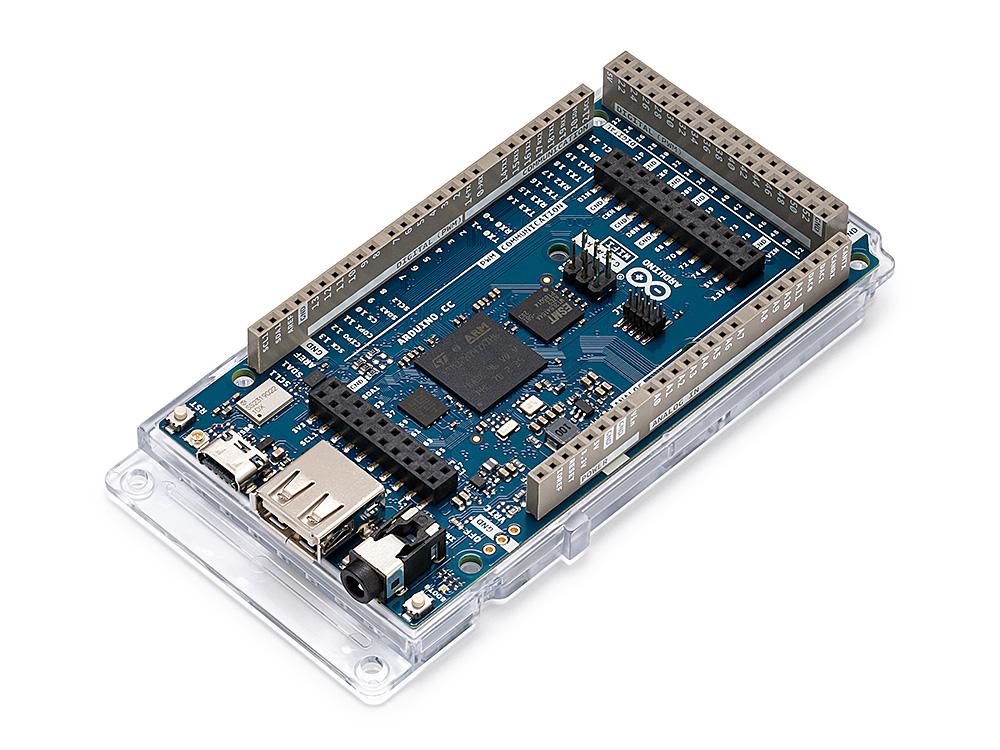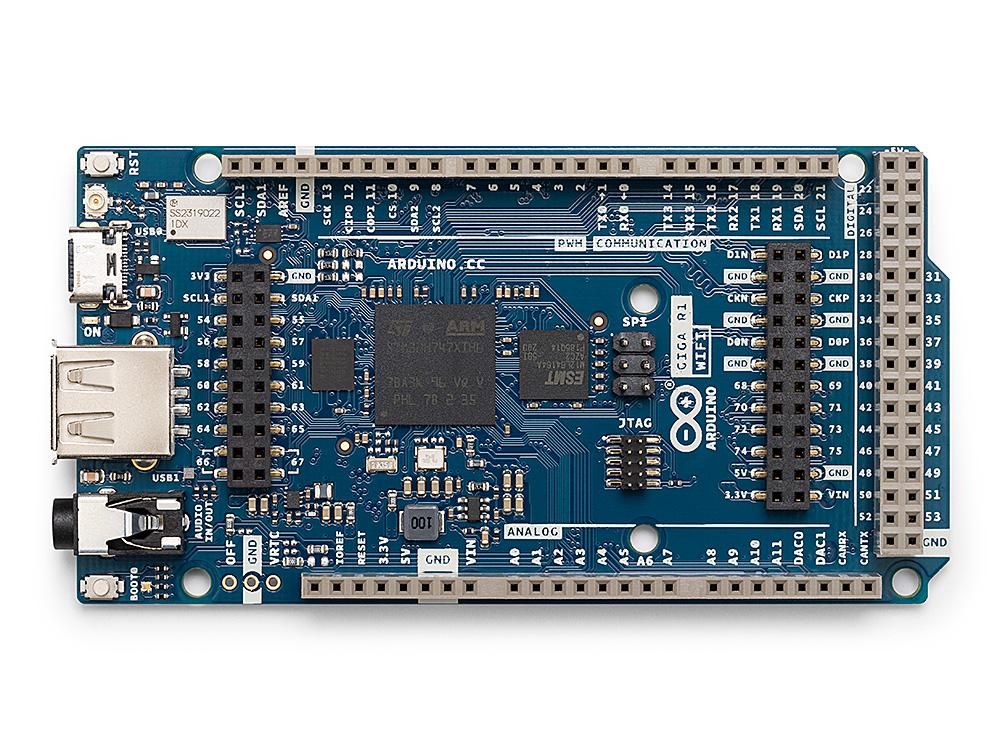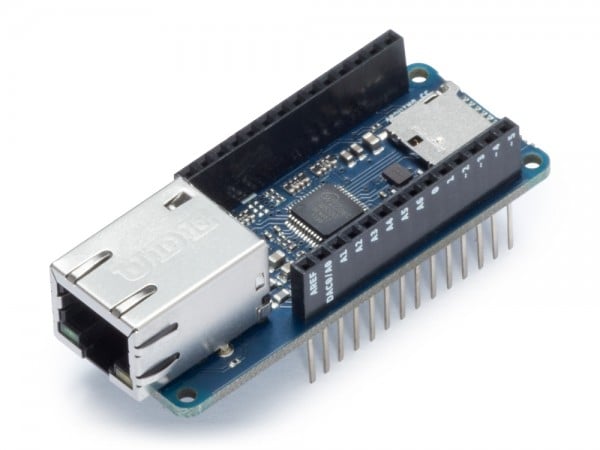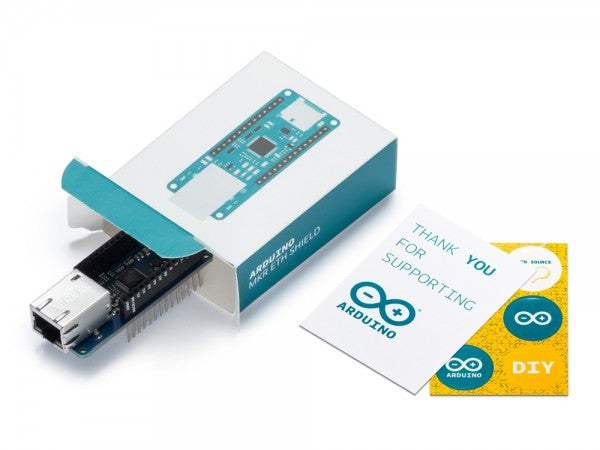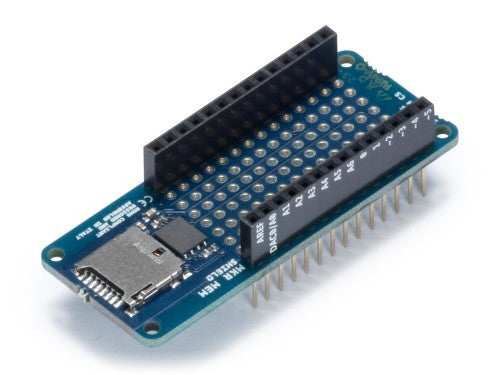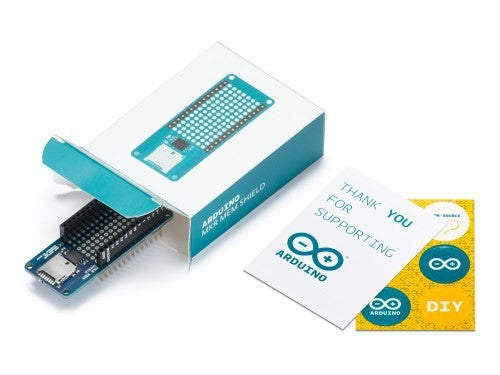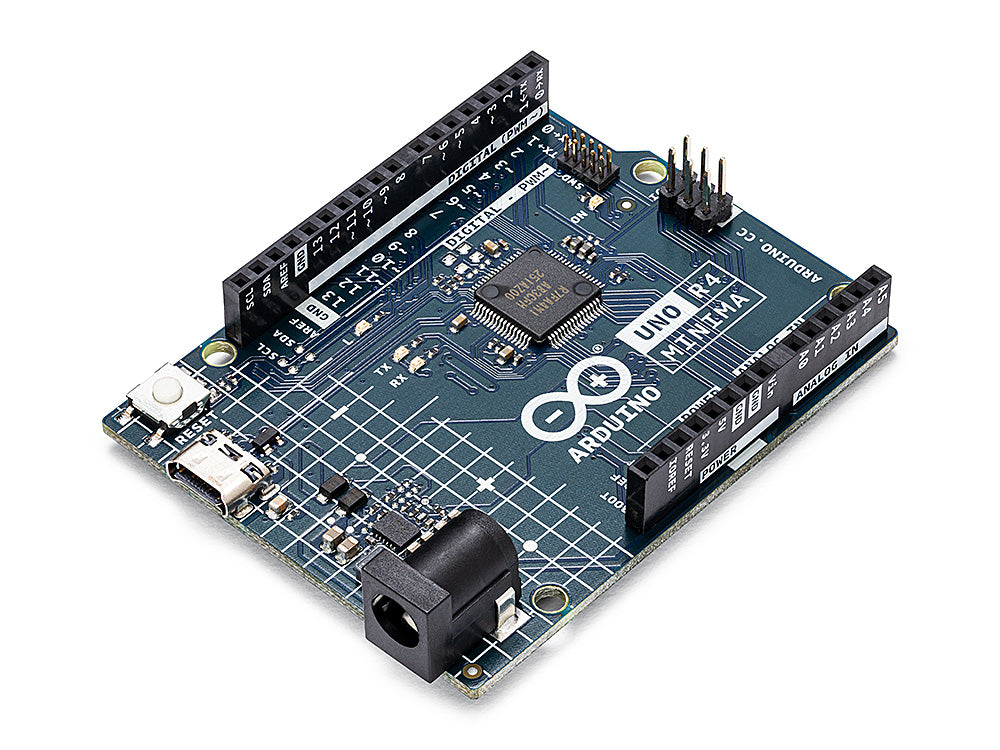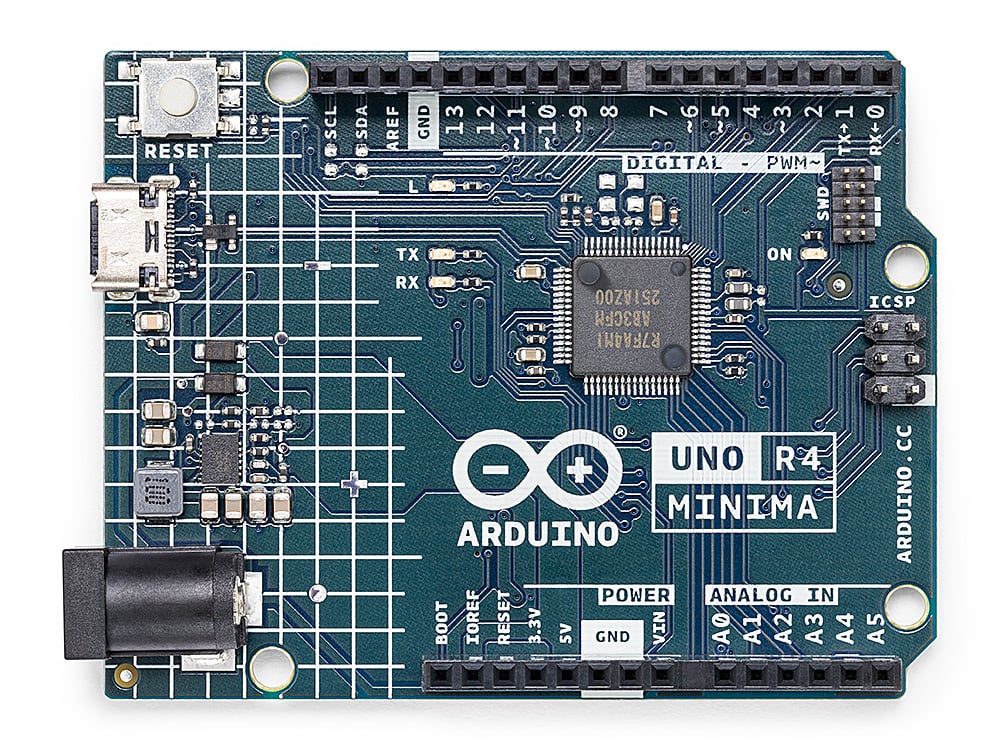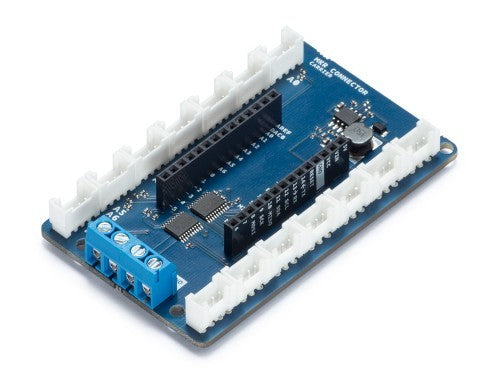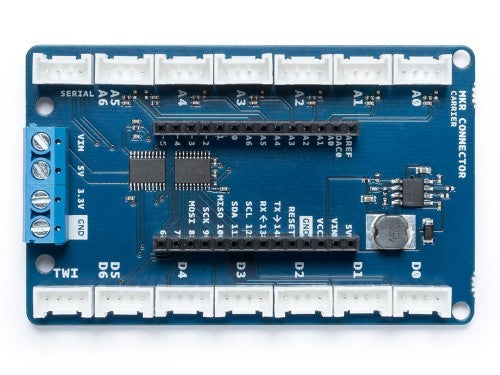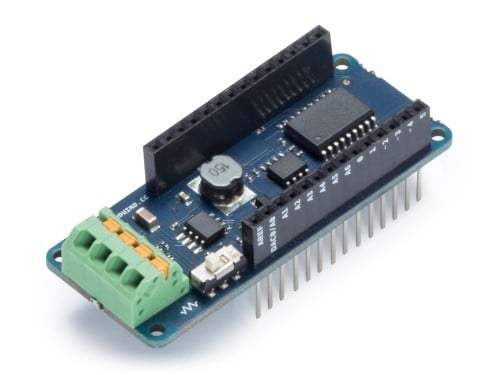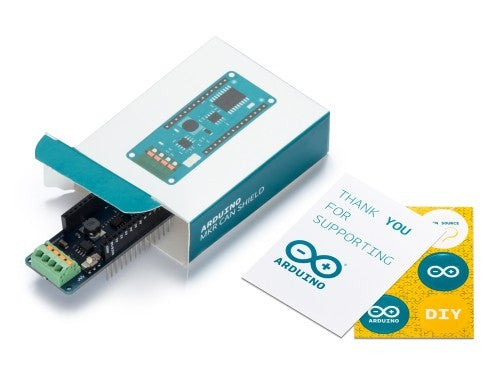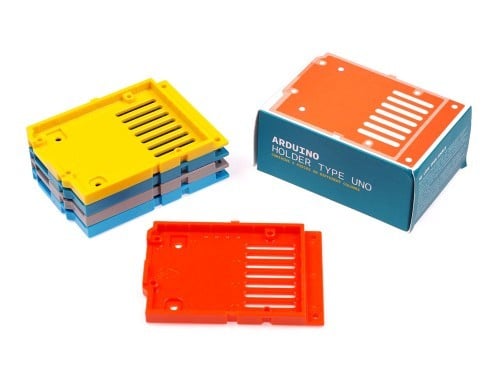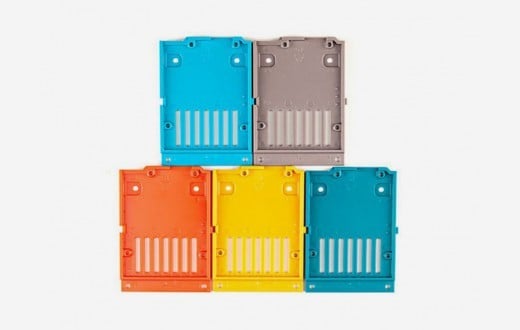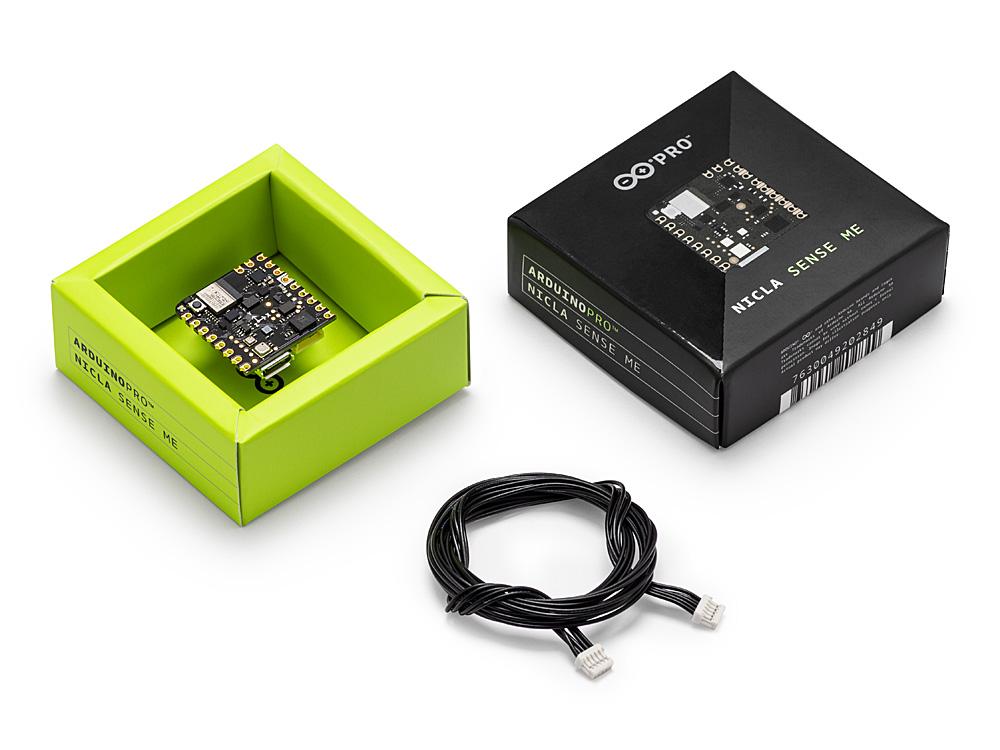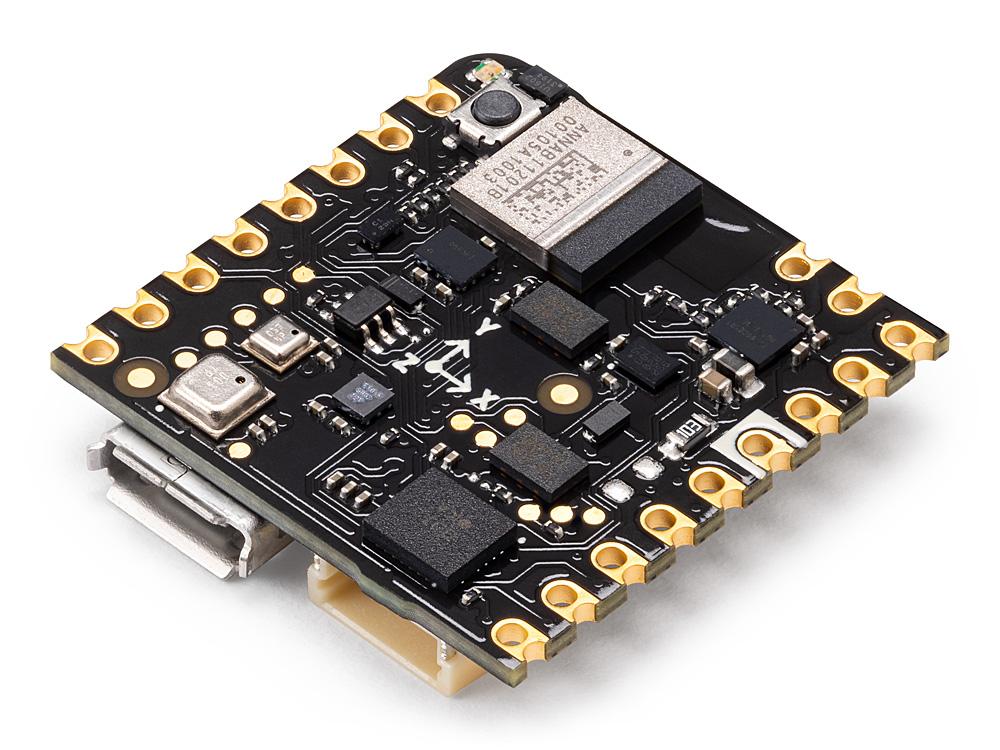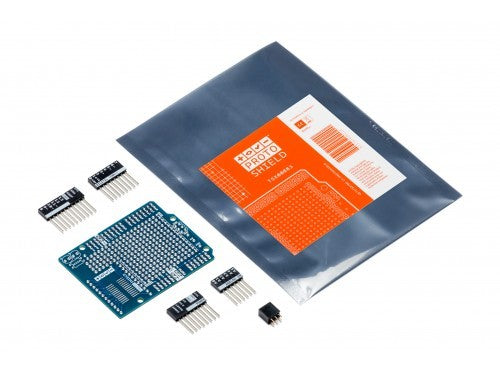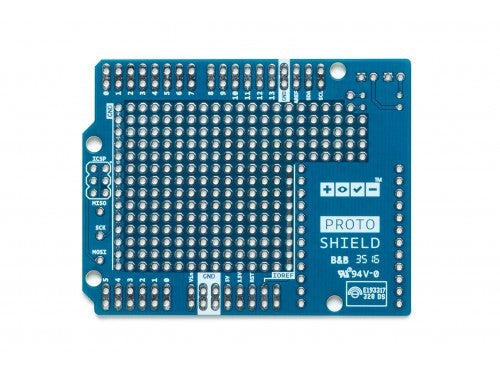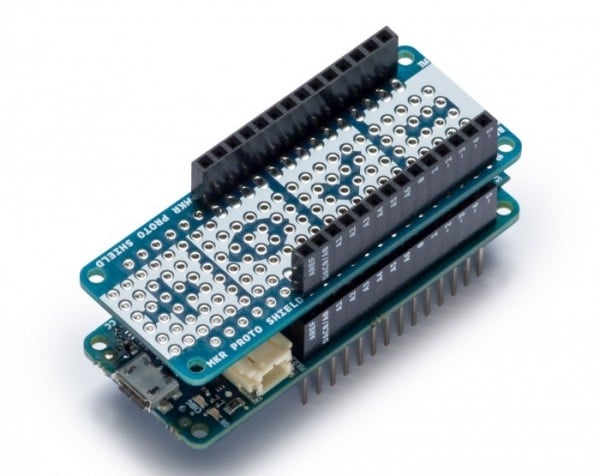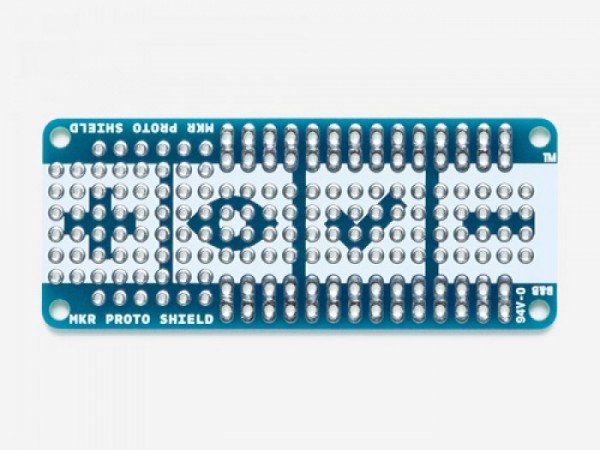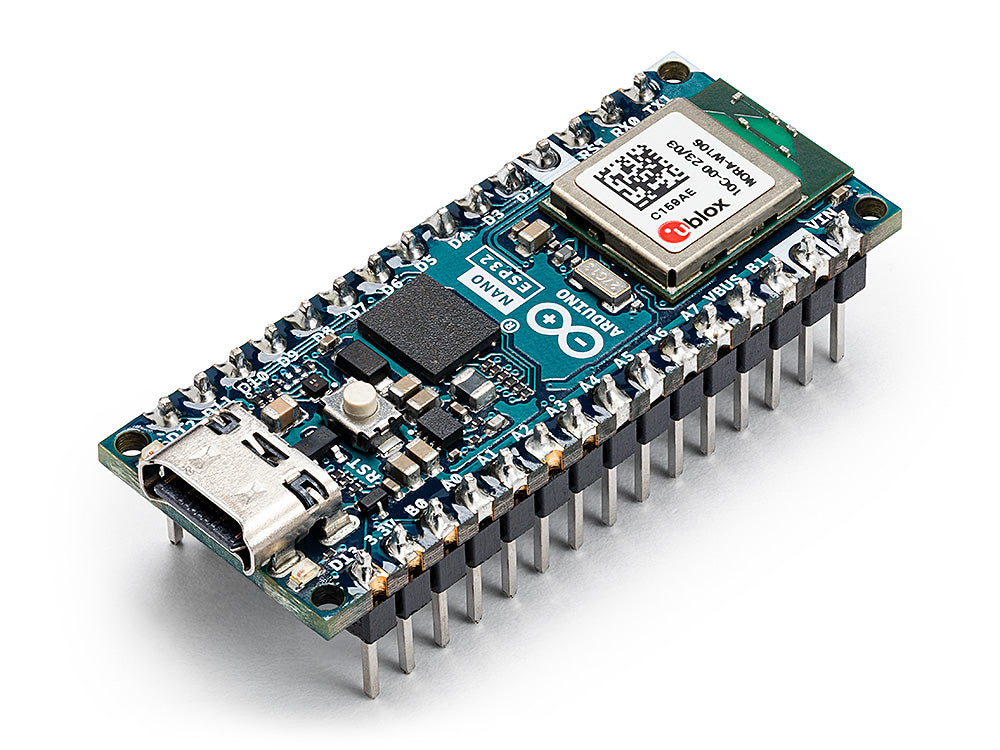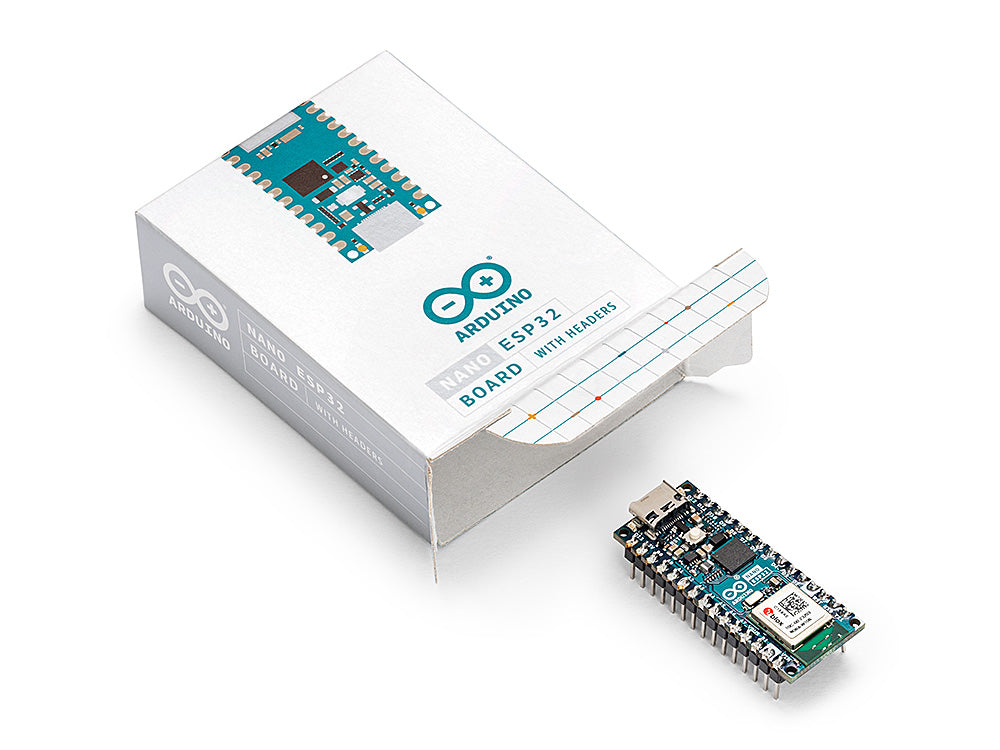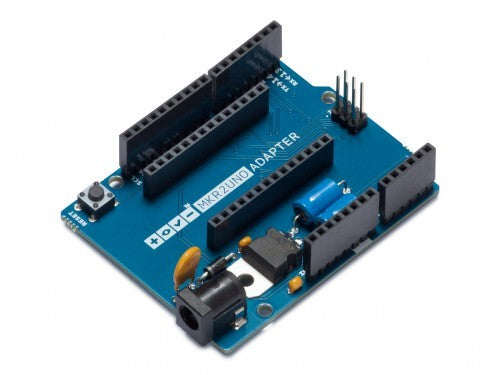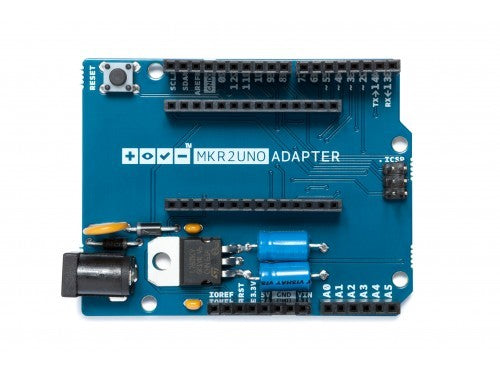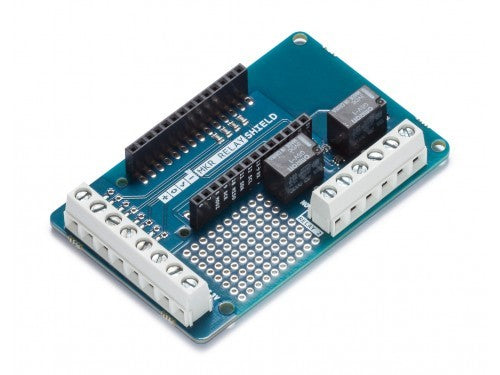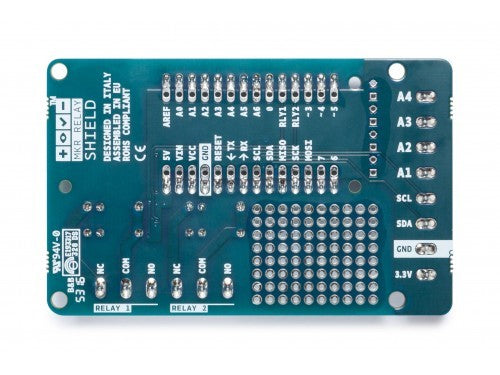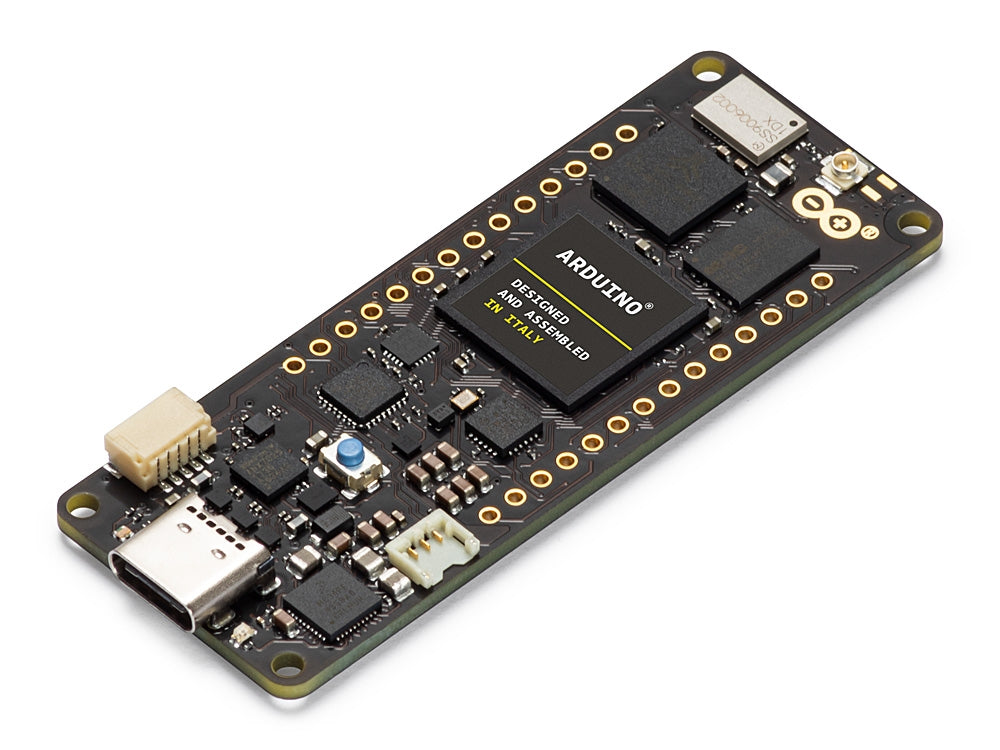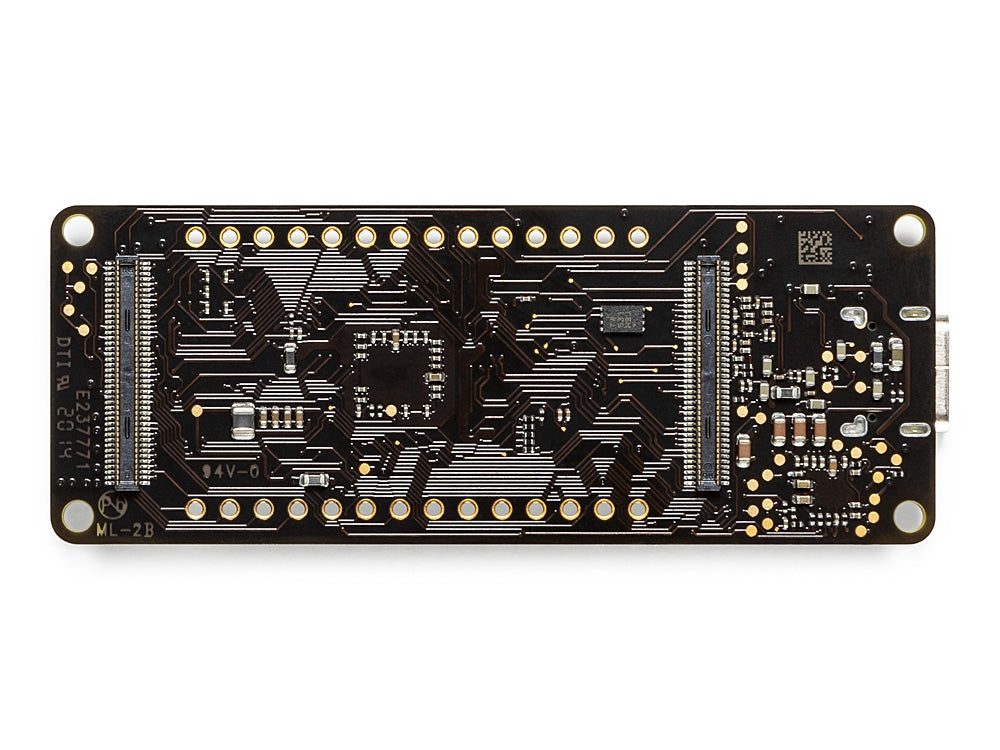Arduino is a physical computing platform consisting of software (Arduino IDE) and, in most cases, an input/output microcontroller board and other hardware components (shields, modules, sensors, etc.). Both software and hardware are open source.
Arduino is primarily intended to familiarise users who have not previously had much to do with programming environments with the use of microcontrollers and their programming. Ultimately, Arduino is used to develop interactive objects that interact with the analogue world and react to events or influence their environment.
Background knowledge about Arduino
The birth of the first Arduino board dates back to 2005. Some of the project founders used to meet in the Italian bar "Arduino", which in turn was named after the former King of Italy Arduin of Ivrea. The bar eventually gave the platform its name. Massimo Banzi and Cuartielles developed the first board and David Mellis wrote the corresponding programming language. They published the schematic on the Internet and placed it under a Creative Commons licence. In 2006, the Arduino project received an award in the Digital Communities category of the Prix Ars Electronica. While the first edition totalled 200 units, around 50,000 Arduino boards had been sold by 2008.
Arduino boards in the online shop
We stock a wide range of Arduino boards. For example, discover the Arduino Micro, which was developed in collaboration with Adafruit and has integrated USB communication. A smaller alternative is the Arduino Nano, which works with a mini-B USB cable. The Arduino Mega 2560 differs from its predecessors in that it does not use an extra FTDI USB-to-serial driver chip, but an ATmega16U2 as a USB-to-serial converter.

